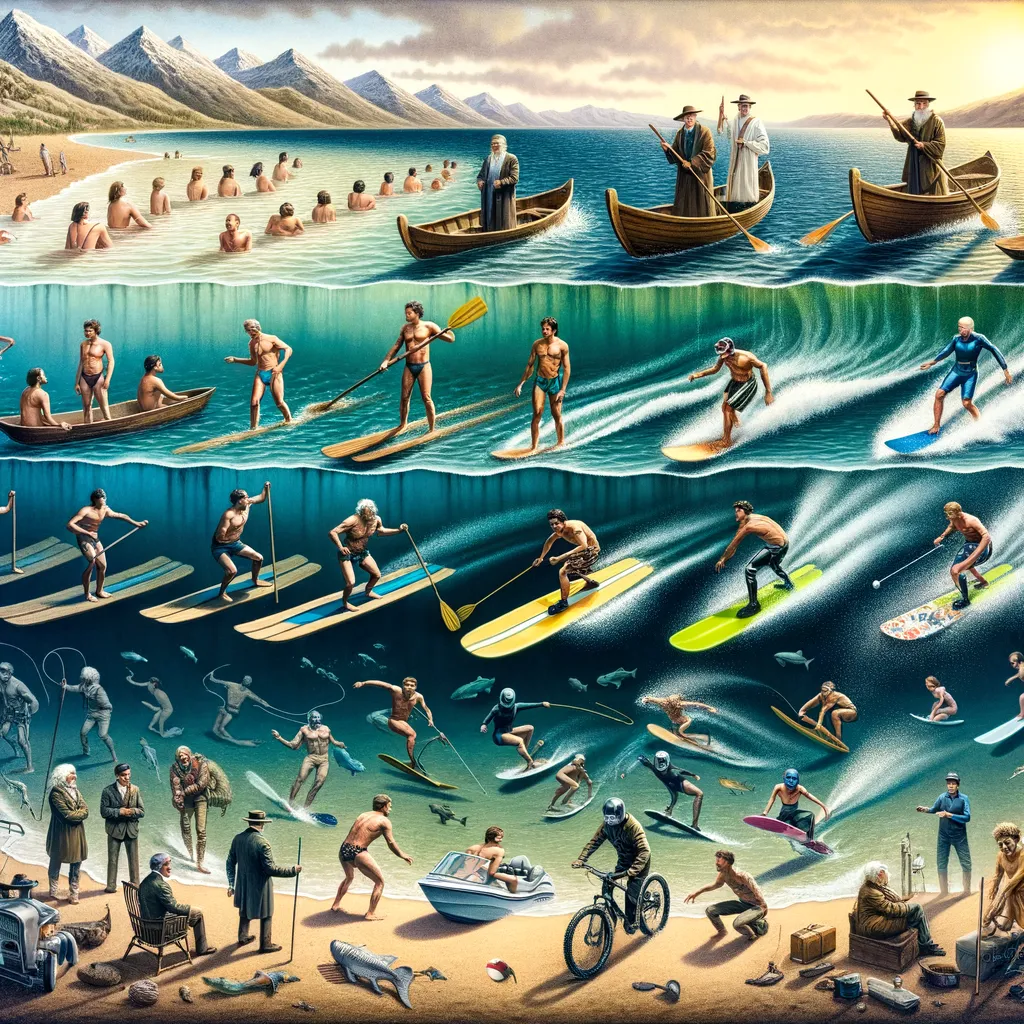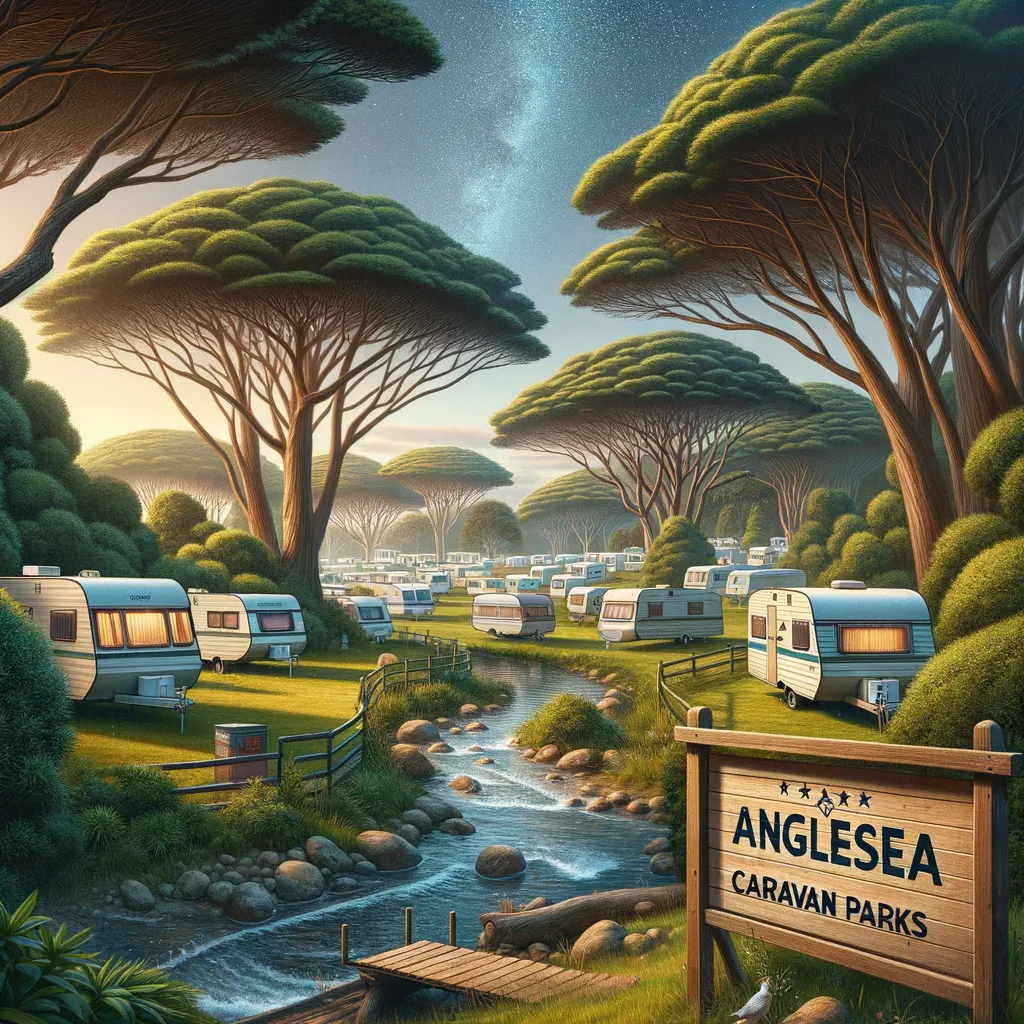The Splendid Journey: The Development of Water Sports Through the Ages
Water sports have long been a fascinating aspect of human culture, providing boundless opportunities for fun, adventure, and competition. From the serene banks of the Nile in ancient Egypt to the bustling beaches of modern-day California, our relationship with water has continuously evolved, bringing forth new innovations in recreation and leisure. In this article, we will embark on a wonderful journey through time, exploring the captivating development of water sports across various civilizations and epochs.
Camping near water bodies has often been integral to engaging in these activities, offering a unique blend of relaxation and adventure. To learn more here about how camping intertwines with water sports, continue reading our in-depth guide.
Ancient Beginnings
Water sports are not a modern invention. They trace back thousands of years, with ancient civilizations recognizing the physical and spiritual benefits of engaging with water. In Egypt, swimming and fishing were not only recreational but integral to daily life, while in Ancient Greece, water competitions formed a significant part of the Olympic Games, highlighting the importance of physical prowess and competition.
In Asia, traditions like dragon boat racing in China have deep roots that symbolize historical events and communal unity. These early forms of water sports underscored the human desire for harmony with water, an element both revered and enjoyed.
Medieval to Renaissance: A Time of Discovery
The Medieval and Renaissance periods were times of exploration and discovery, both geographically and in terms of human capability. With advancements in shipbuilding and navigation, water travel took on new heights, enabling expeditions across oceans. Although primarily driven by exploration and trade, these developments laid the groundwork for the recreational use of water that would flourish in later centuries.
Sailing emerged as a leisure activity among European nobility, who found pleasure in harnessing the wind to glide across lakes and oceans. Meanwhile, swimming began to gain popularity as a skill of the educated elite, with manuals and guides being written to teach the techniques of swimming and diving.
The Industrial Revolution: A New Wave of Water Sports
The Industrial Revolution brought about significant technological advancements, and with it, a transformation in water sports. The creation of public swimming pools in the 19th century made swimming accessible to a broader segment of the population, promoting physical wellness and competitive sports. Rowing clubs and regattas became fashionable among the middle and upper classes, serving both social and sporting functions.
The invention of the internal combustion engine revolutionized water sports, introducing motorized boats to the realm of competition and recreation. Powerboating and water skiing emerged, catering to a growing appetite for speed and excitement on the water.
20th Century and Beyond: The Golden Era of Water Sports
As we entered the 20th century, the popularity of water sports exploded. The development of lightweight, durable materials led to the innovation of surfing, windsurfing, and later, kitesurfing. Coastal cultures around the world embraced these sports, weaving them into their identities and lifestyles.
Olympic inclusion further propelled water sports into the global consciousness, with events such as swimming, diving, water polo, and synchronized swimming becoming fixtures of the Games. The advent of televised broadcasts also brought water sports competitions into homes around the world, elevating athletes to celebrity status and inspiring generations to take to the water.
The turn of the millennium saw an ever-expanding array of water sports, fueled by technological advancements and a thriving culture of innovation. Stand-up paddleboarding, wakeboarding, and extreme sports like cliff diving have attracted new audiences, pushing the boundaries of what is possible on water.
This content starts your article with an engaging introduction, discussing the historical context and evolution of water sports through the ages. Hyperlinks to camping resources are included early on to interlink with relevant outdoor activities. The structure proceeds chronologically, providing a streamlined narrative from ancient times to modern-day developments, ensuring both historical insight and contemporary relevance
The Splendid Journey: The Development of Water Sports Through the Ages
Water sports, with their exhilarating blend of adventure and competition, have captured the imagination of cultures worldwide for millennia. From the ancient Egyptian swimmers to modern-day surfers, the evolution of water sports is a tale of human innovation and the ceaseless quest for harmony with the natural world. Parents interested in introducing their children to the vibrant world of water sports will find a rich tapestry of history and a wide array of activities suitable for all ages. Here are five essential insights for parents embarking on this aquatic adventure with their young ones.
Understanding Heritage and Safety First: The historical journey of water sports underscores not just the development of these activities but also the evolving understanding of water safety. It’s imperative for parents to instill in their children a deep respect for the power of water, just as ancient civilizations revered this life-giving element. Ensuring children are equipped with life vests, understanding the importance of swimming skills, and starting with age-appropriate water sports can create a safe and enjoyable experience.
Embracing Water Sports as Educational Tools: Water sports offer unique learning opportunities outside the traditional classroom setting. Engaging in activities such as sailing or rowing can teach children valuable lessons in physics, like understanding wind dynamics and buoyancy. As parents navigate through the various water sports with their children, it’s beneficial to highlight the historical and cultural significance of each activity, providing a richer, more engaging learning experience.
Choosing the Right Gear: Just as technological advancements have propelled the development of water sports, modern equipment has made these activities more accessible and enjoyable for participants of all skill levels. Parents should prioritize selecting the right gear that suits their child’s age, skill level, and the specific water sport to ensure safety and comfort. Investment in high-quality, durable equipment can enhance performance and enjoyment, making the water sports experience more rewarding for children.
Promoting Environmental Stewardship: Water sports not only offer exhilarating experiences but also a unique platform to teach children about environmental conservation. Activities like kayaking and paddleboarding provide intimate encounters with marine and freshwater environments, fostering a profound appreciation for the natural world. Encouraging children to be mindful of their impact on these ecosystems can instill a sense of responsibility and stewardship, ensuring the preservation of waterways for future generations of water sports enthusiasts.
Fostering a Culture of Perseverance and Joy: The development of water sports through the ages is a testament to human creativity, perseverance, and the relentless pursuit of enjoyment. Parents should encourage their children to embrace these activities with an open heart, viewing challenges as opportunities for growth and learning. Celebrating each milestone, whether catching the first wave or mastering a new swimming stroke, can imbue children with confidence and a lifelong love for water sports.
As we pass on the torch of water sports to the younger generation, parents play a crucial role in guiding their children through this splendid journey. By grounding their introduction in safety, education, proper equipment, environmental consciousness, and a spirit of joy, we can ensure that the legacy of water sports continues to flourish, inspiring new generations to dive into the waves of history and emerge with treasures of knowledge, skill, and exhilaration. The development of water sports is not just a narrative of human achievement; it is a blueprint for nurturing resilient, informed, and joyful individuals through the timeless allure of aquatic adventures.
Disclaimer
The articles available via our website provide general information only and we strongly urge readers to exercise caution and conduct their own thorough research and fact-checking. The information presented should not be taken as absolute truth, and, to the maximum extent permitted by law, we will not be held liable for any inaccuracies or errors in the content. It is essential for individuals to independently verify and validate the information before making any decisions or taking any actions based on the articles.





